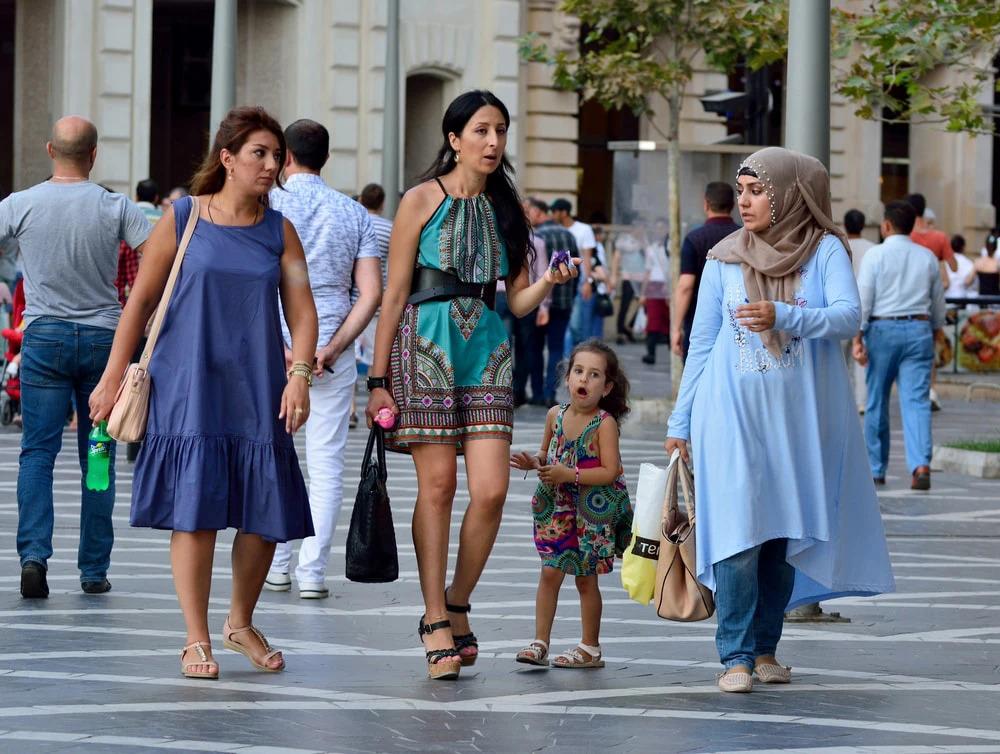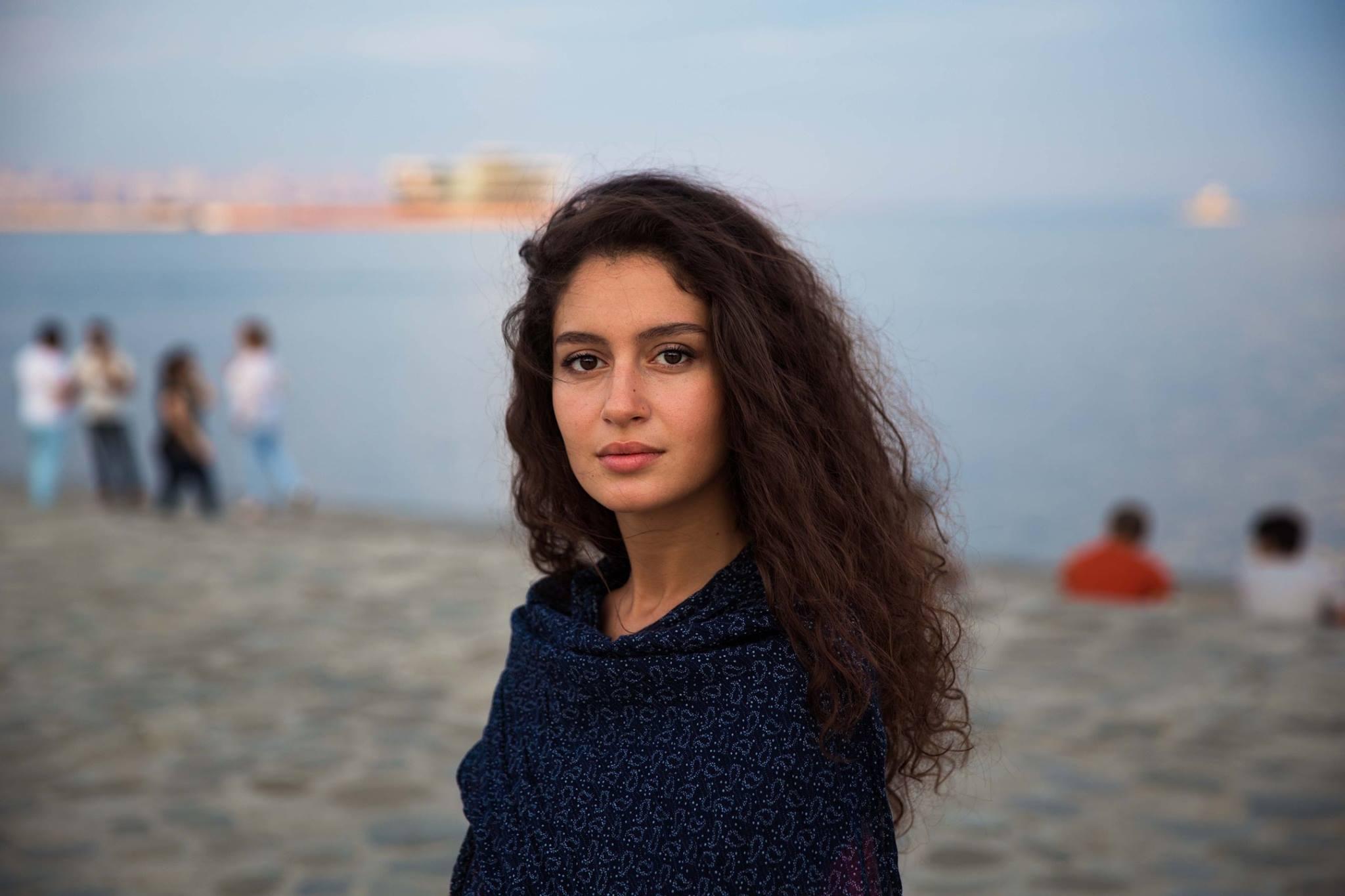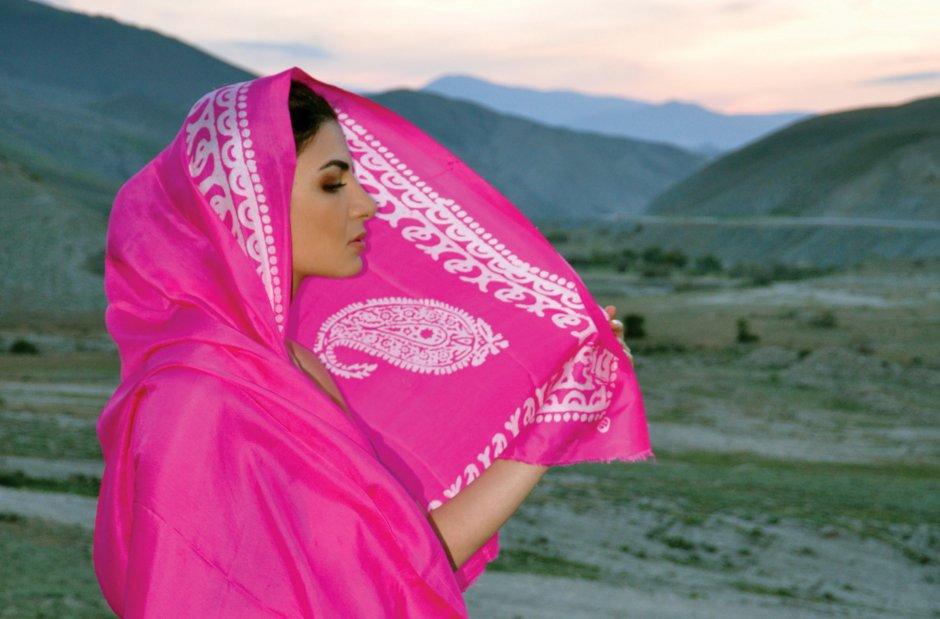Azerbaijan marks 103 years of women's voting rights Pioneering in women suffrage before US and Europe
Azerbaijan has gone down in history as one of the first Muslim-majority countries to grant women the right to vote and be elected.
Azerbaijani women were provided equal voting rights 103 years ago, on July 21, 1919.
Historical background
With the adoption of the Declaration of Independence on May 28, 1918, the Azerbaijani Democratic Republic became the Muslim world's first parliamentary democracy. Article 4 of this historical document stated that "The Azerbaijan Democratic Republic guarantees full civil and political rights to all its citizens within its borders, regardless of ethnic origin, religion, class, profession, or gender".
In this regard, parliament passed a law on July 21, 1919, granting voting rights to all citizens of the country who had reached the age of 20. Azerbaijan became the first country in the Muslim East to grant women the right to vote by passing this law. This is also remarkable, given that many European countries had yet to find a solution to this problem at the time.
Azerbaijan did it one year before the US, nine years before the UK, 12 years before Spain, 25 years before France, 26 years before Italy, 29 years before Belgium, and 52 years before Switzerland.

Women’s rights in Azerbaijani society
One of the significant achievements in Azerbaijan's national statehood history has been the growing role of women in the country's socio-political, economic, and cultural life, as well as ensuring gender equality.
The country is committed to pursuing a consistent policy to empower women and to further build an inclusive and strong society with the equal participation of all citizens in the social, political and economic spheres.
When Azerbaijan gained independence in 1991, one of the most difficult challenges was that, while government rules guaranteed women's rights and equality, social norms and rules still prevented women from reaching their full potential.
Since then Azerbaijan has been consistently working to safeguard women’s rights in society.
The State Committee on Women's Problems was established in 1998 to protect women's rights. Furthermore, shortly after, in 2000, the Azerbaijani president decided to implement a "state policy regarding women in the Republic of Azerbaijan". Both of these defined the roles that women could play in social and state administration. This was a period of increased female participation in Azerbaijan, when women were given greater access to running businesses, working in government, and serving in the military. The committee was renamed the State Committee for Family, Women and Children Affairs in February 2006.
Azerbaijan also identified gender equality as one of its Sustainable Development Goals.

The country also closely cooperates with various international organisations, including the United Nations and its agencies UNDP and UNFPA, as well as the European Union, to ensure gender equality.
In Azerbaijan, both men and women are working together to demonstrate their full range of capabilities and strengths. Azerbaijani women are active in the country's politics, economy, culture, and other fields.
Women are currently offered free training sessions in human and economic rights, as well as skills such as business development, accounting, financial literacy, and computer science. A special platform has also been established in Azerbaijan to train women in the development of start-up projects.
Azerbaijan currently has nine Women Resource Centres that promote gender equality and strengthen women's entrepreneurial skills, assisting them in overcoming socio-economic challenges.
Violence against women
The State Committee for Family, Women, and Children detailed a decrease in the number of cases of violence against women in its report to parliament in December 2021.
According to the committee's report, effective response measures prevented 10,587 illegal actions after reports of domestic violence were received.
Despite an increase in the number of crimes against women in most countries around the world as a result of the global pandemic, the number of such acts in Azerbaijan, including assault crimes, decreased by 9 per cent in comparison to 2019.
In 2020, the country recorded 5,176 crimes against women, including 2,067 assaults. Out of these figures, 2,414 perpetrators of these crimes were apprehended. Some 973 crimes were committed due to jealousy, family conflict, and other cases of domestic violence, the report added.

Women’s representation in society
Protection of women’s rights and expansion of all opportunities created for them are included in the priorities set by the Azerbaijani president in the state policy.
Currently, women are represented in almost all the leading spheres of Azerbaijani society, and in some cases occupy leading positions. Some 48.2 per cent of women actively participate in the social and economic life of the country.
As of 2020, women accounted for 80.7 per cent of teachers in general education schools, as well as for 78.9 per cent of teachers in specialised secondary schools, 54.7 per cent of teachers in universities, and for 48.8 per cent of university students.
In addition, 66 per cent of doctors and 64.9 per cent of judges in the country are women.
Women constitute 58.2 per cent of the total number of researchers in Azerbaijan. The number of women, who received PhD degrees has increased by 2.5 times in the last 10 years, and the number of those, who have a PhD degree in philosophy has increased by 2.2 times. At the same time, women make up 28.5 per cent of government officials, 21.7 per cent of entrepreneurs, and 42.6 per cent of athletes.
Some 16 per cent of MP, including the parliament speaker, are also women.
So, due to the dedication of female leaders and policymakers, the country is seeing great strides in reaching equality. Women's rights and opportunities to reach their full potential are critical not only for achieving gender equality but also for meeting a wide range of international development goals.








